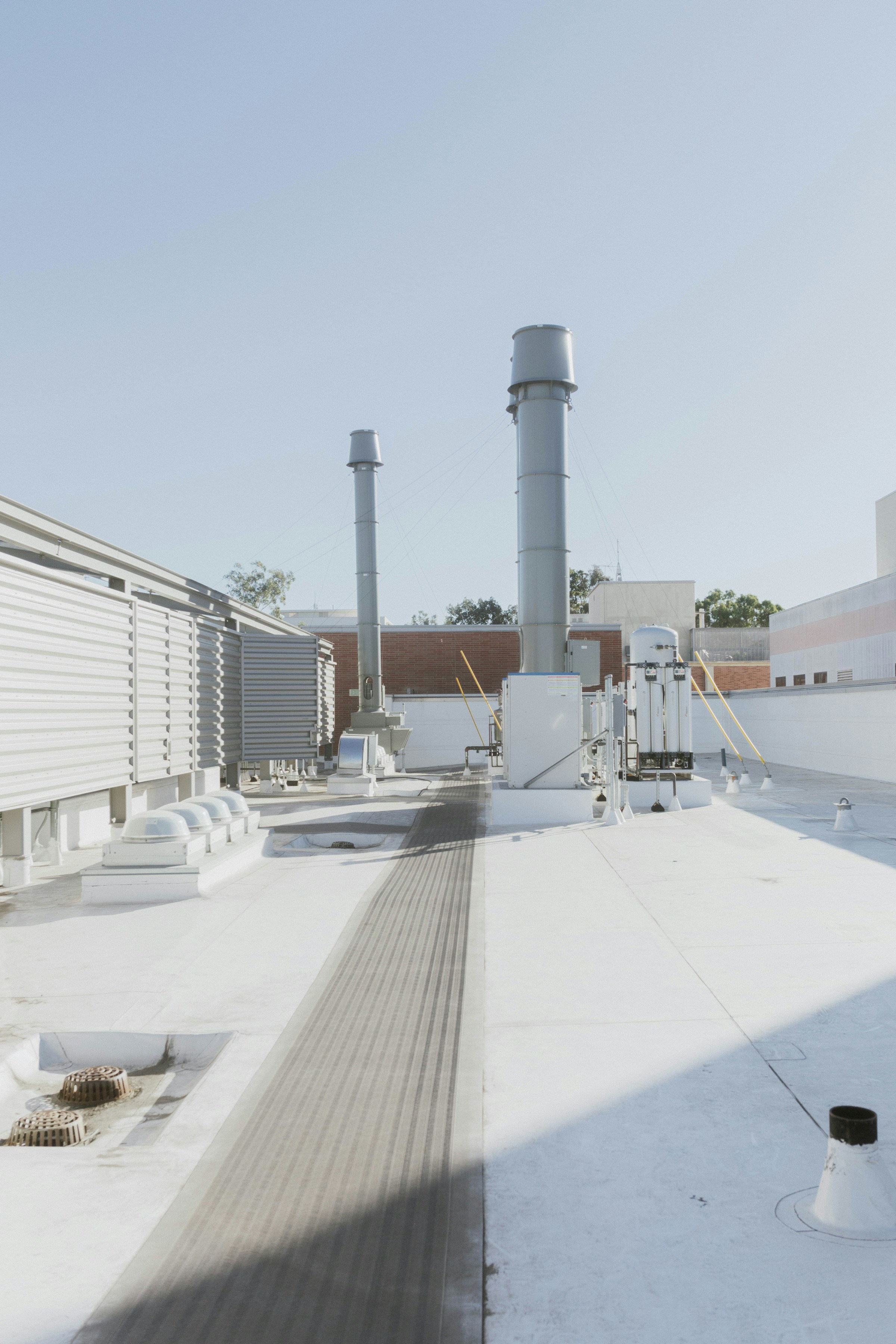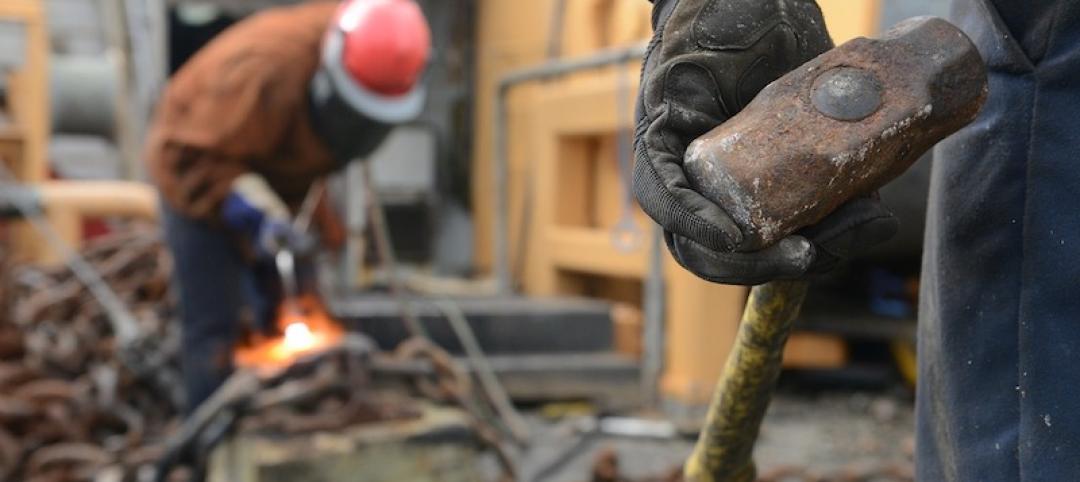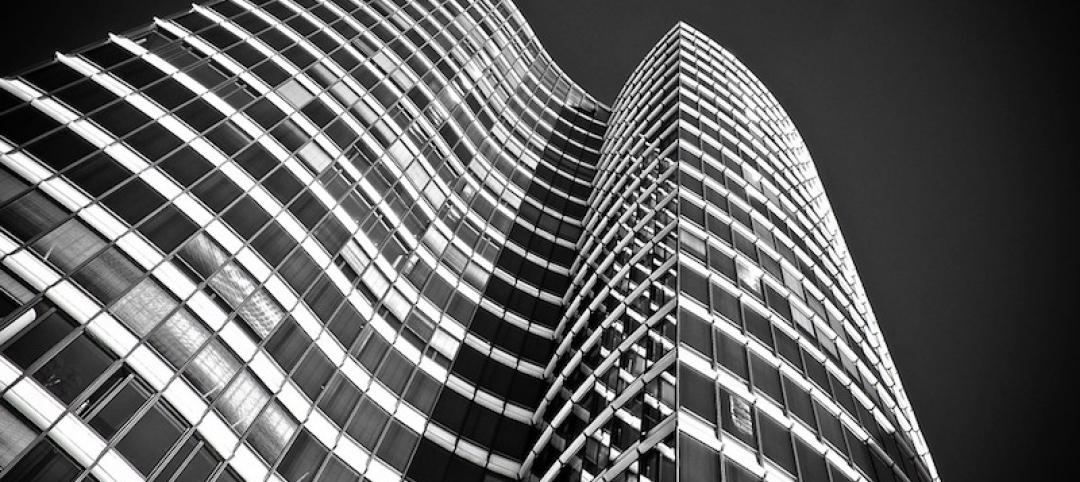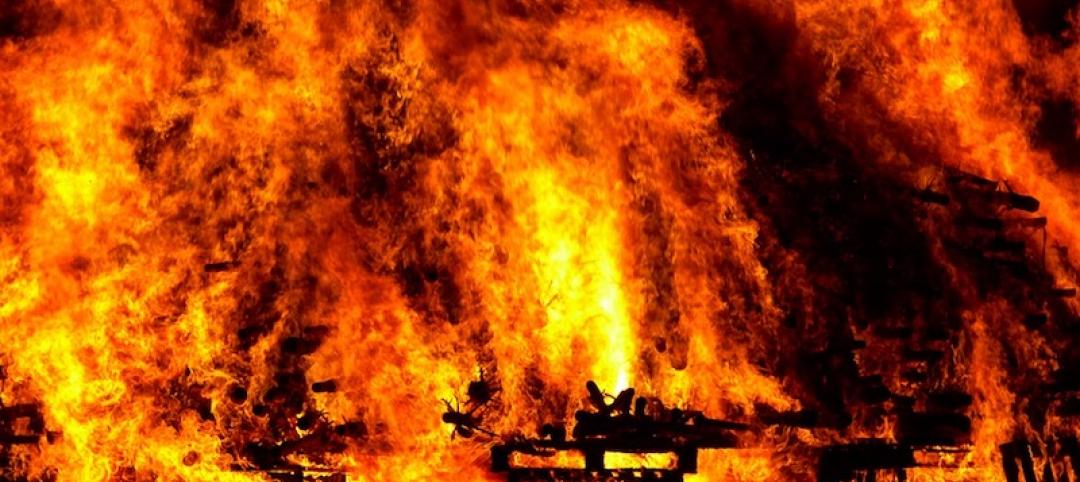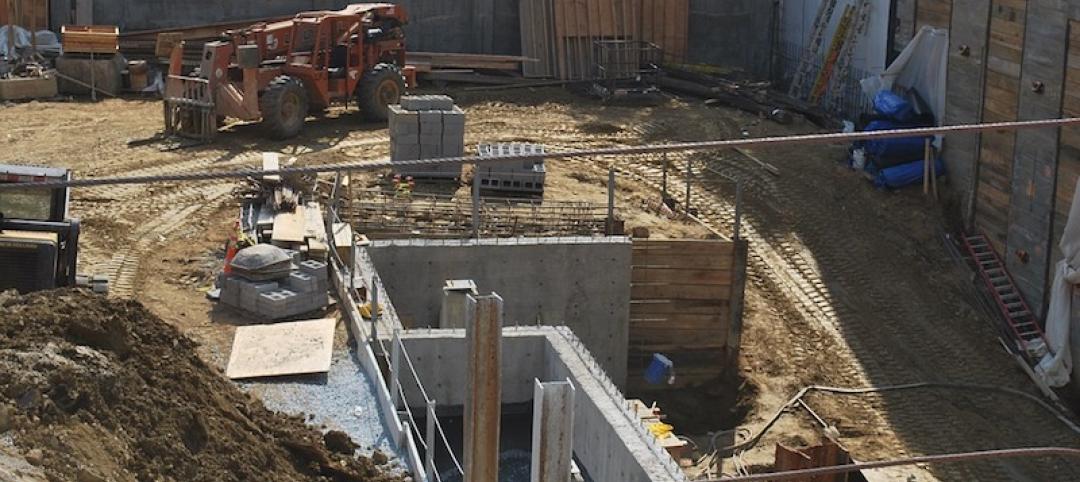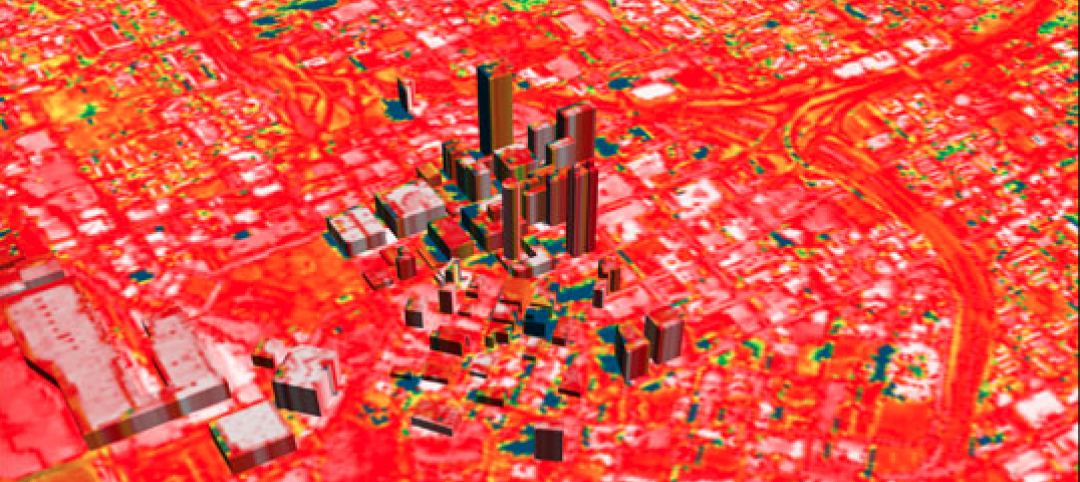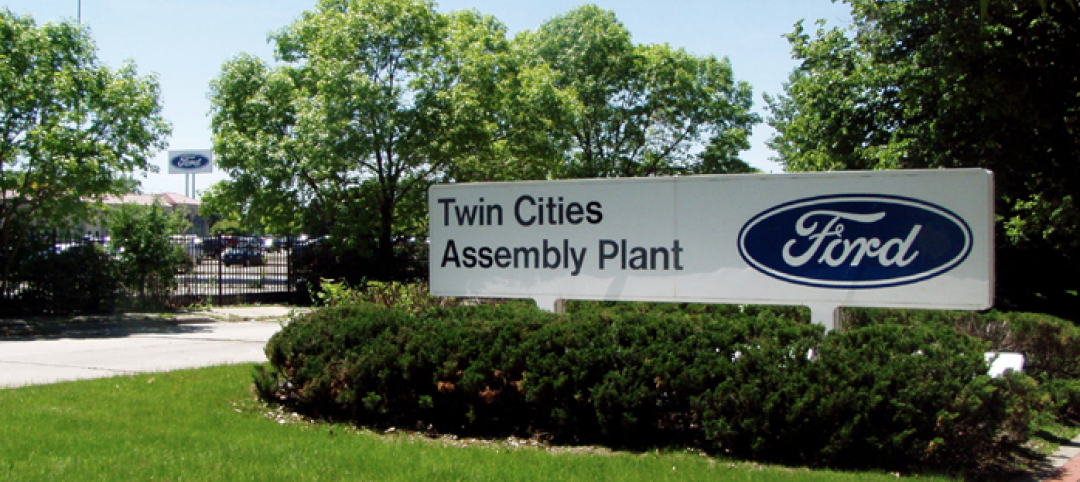A new technical brief from SPRI, the trade association representing the manufacturers of single-ply roofing systems and related component materials, addresses construction-generated moisture and its impact on commercial roofing systems.
Construction-generated moisture comes from activities including pouring concrete, burning propane heaters, painting, plastering, and drywall finishing. These activities can contribute to excessive levels of relative humidity inside the structure when proper remediation measures are not taken. Accumulation of condensation within the roofing assembly and within the structure can result when the temperature is at or below the dew point.
To control moisture, designers must identify the sources of moisture and develop a remediation plan during the design process. To reduce the probability of condensation, buildings under construction must be adequately ventilated, particularly during concrete hydration and other high moisture-related construction activities.
SPRI recommendations include avoiding the use of wet materials or materials with excessive moisture, installing vapor retarders in the roof assembly, avoiding penetrating vapor barriers, installing at least two layers of insulation, and always sealing deck-to-wall joints and gaps around roof penetrations.
Related Stories
Codes and Standards | Aug 17, 2018
Zoning changes can be crucial to filling large, empty retail spaces
Alternative uses often require action by local officials.
Codes and Standards | Aug 16, 2018
Nearly a quarter of opioid overdose deaths attributable to construction workers
Massachusetts public health study finds pressure to work in pain contributes to problem.
Codes and Standards | Aug 15, 2018
ICC creates new committee on building safety and security
Will include experts from many different disciplines.
Codes and Standards | Aug 14, 2018
Philadelphia adopts 2018 IECC energy code, while state opts for 2015 code
City is one of the first jurisdictions to adopt newest code.
Codes and Standards | Aug 9, 2018
Denver’s goal of 100% renewable energy by 2030 includes net zero energy buildings
Community solar programs for low income residents part of plan.
Codes and Standards | Aug 8, 2018
Too much parking in U.S. cities proving costly
As car ownership rates drop, excess parking seems more wasteful.
Codes and Standards | Aug 7, 2018
International Fire Safety Standards (IFSS) Coalition created
Professional associations and building standards organizations join forces.
Codes and Standards | Jul 31, 2018
Workers allegedly held in captivity by construction subcontractor in San Jose pay theft case
Contractor pays $250,000 in back wages in Dept. of Labor enforcement action.
Codes and Standards | Jul 17, 2018
Heat island effect can turn deadly in extreme conditions
Of all the impacts of global climate change, it’s extreme heat that kills more Americans each year than any other weather-related event.
Codes and Standards | Jul 17, 2018
NIMBYism, generational divide threaten plan for net-zero village in St. Paul, Minn.
The ambitious redevelopment proposal for a former Ford automotive plant creates tension.


